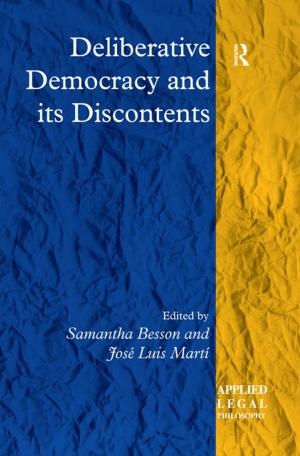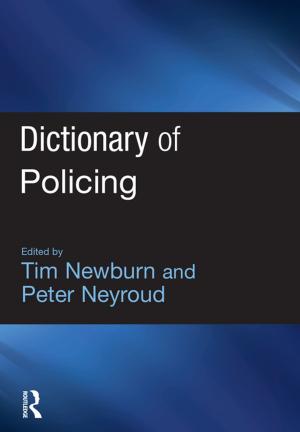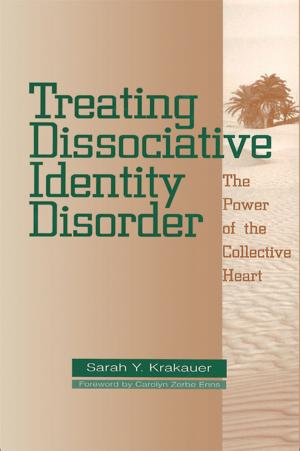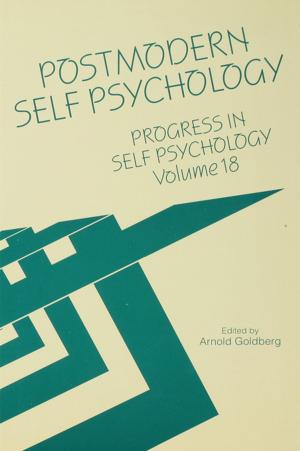Policy Coherence and EU Development Policy
Nonfiction, Social & Cultural Studies, Political Science, International, International Relations, Government| Author: | ISBN: | 9781317989578 | |
| Publisher: | Taylor and Francis | Publication: | September 13, 2013 |
| Imprint: | Routledge | Language: | English |
| Author: | |
| ISBN: | 9781317989578 |
| Publisher: | Taylor and Francis |
| Publication: | September 13, 2013 |
| Imprint: | Routledge |
| Language: | English |
The principle of policy coherence has been the object of a contentious debate in the European Union’s external relations, though discussions have been mainly limited to its foreign policy and its ability to speak with one voice in the international arena. Despite being institutionalised in the Treaty of Maastricht, policy coherence for development (PCD), which implies taking into account the needs and interests of developing countries in non-aid policies, failed to make headway in the European Union, remaining the unheeded concern of some NGOs and a small group of Member States. A change of direction occurred in the early 2000s when the European Commission, taking advantage of a number of favourable conditions and using an astute strategy, managed to set an ambitious agenda for the European Union. This volume analyses the linkages between aid and various non-aid policies, namely trade, agriculture, fisheries, security, migration, and the social dimension of globalisation. Its aim is to shed new light on the EU’s policy-making process, by looking at the nexus between various policy sub-systems, and on the role that the EU wants to play in the international arena, by looking at the impact of its policies on international development.
This book was published as a special issue of the Journal of European Integration.
The principle of policy coherence has been the object of a contentious debate in the European Union’s external relations, though discussions have been mainly limited to its foreign policy and its ability to speak with one voice in the international arena. Despite being institutionalised in the Treaty of Maastricht, policy coherence for development (PCD), which implies taking into account the needs and interests of developing countries in non-aid policies, failed to make headway in the European Union, remaining the unheeded concern of some NGOs and a small group of Member States. A change of direction occurred in the early 2000s when the European Commission, taking advantage of a number of favourable conditions and using an astute strategy, managed to set an ambitious agenda for the European Union. This volume analyses the linkages between aid and various non-aid policies, namely trade, agriculture, fisheries, security, migration, and the social dimension of globalisation. Its aim is to shed new light on the EU’s policy-making process, by looking at the nexus between various policy sub-systems, and on the role that the EU wants to play in the international arena, by looking at the impact of its policies on international development.
This book was published as a special issue of the Journal of European Integration.















